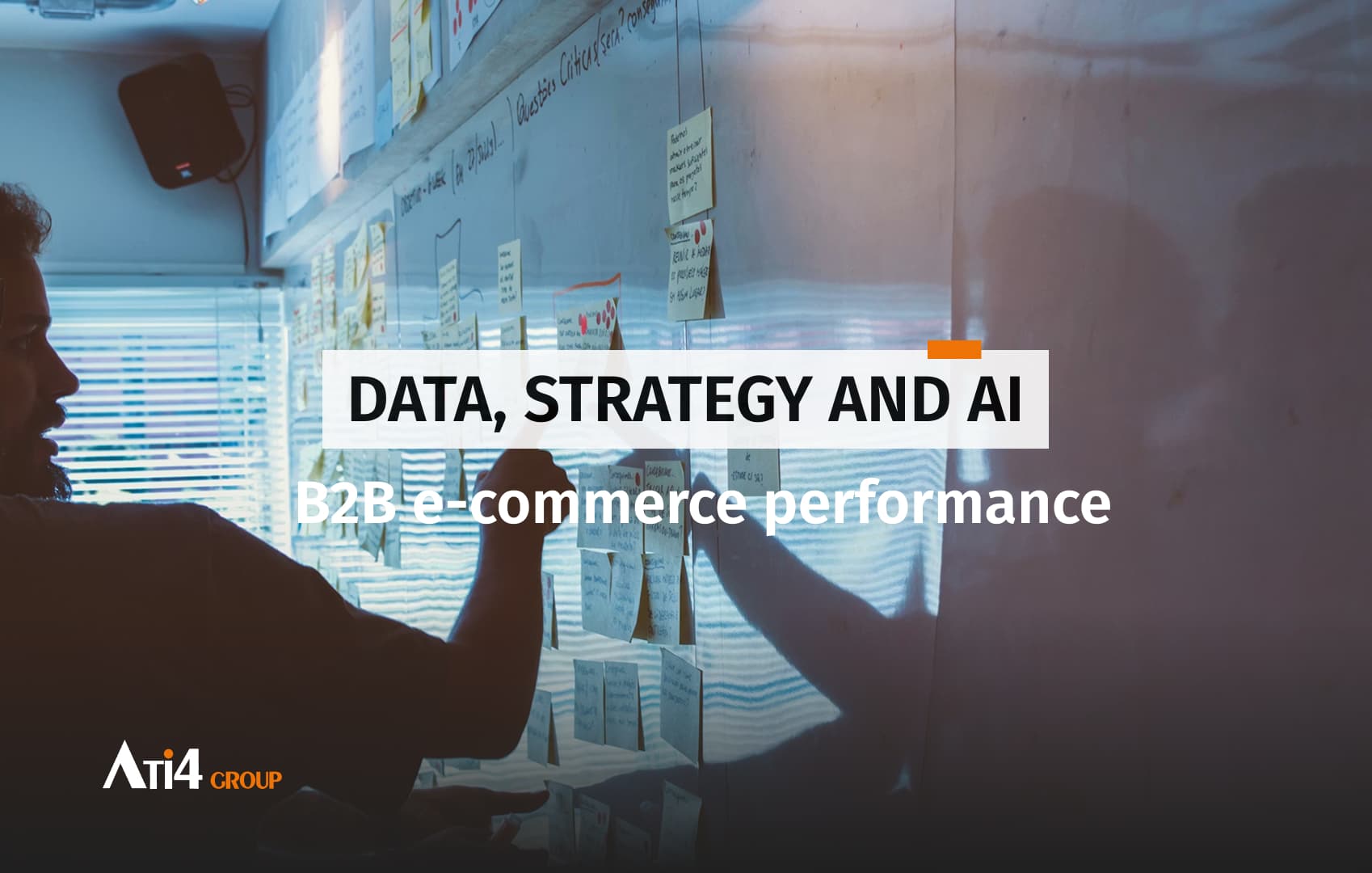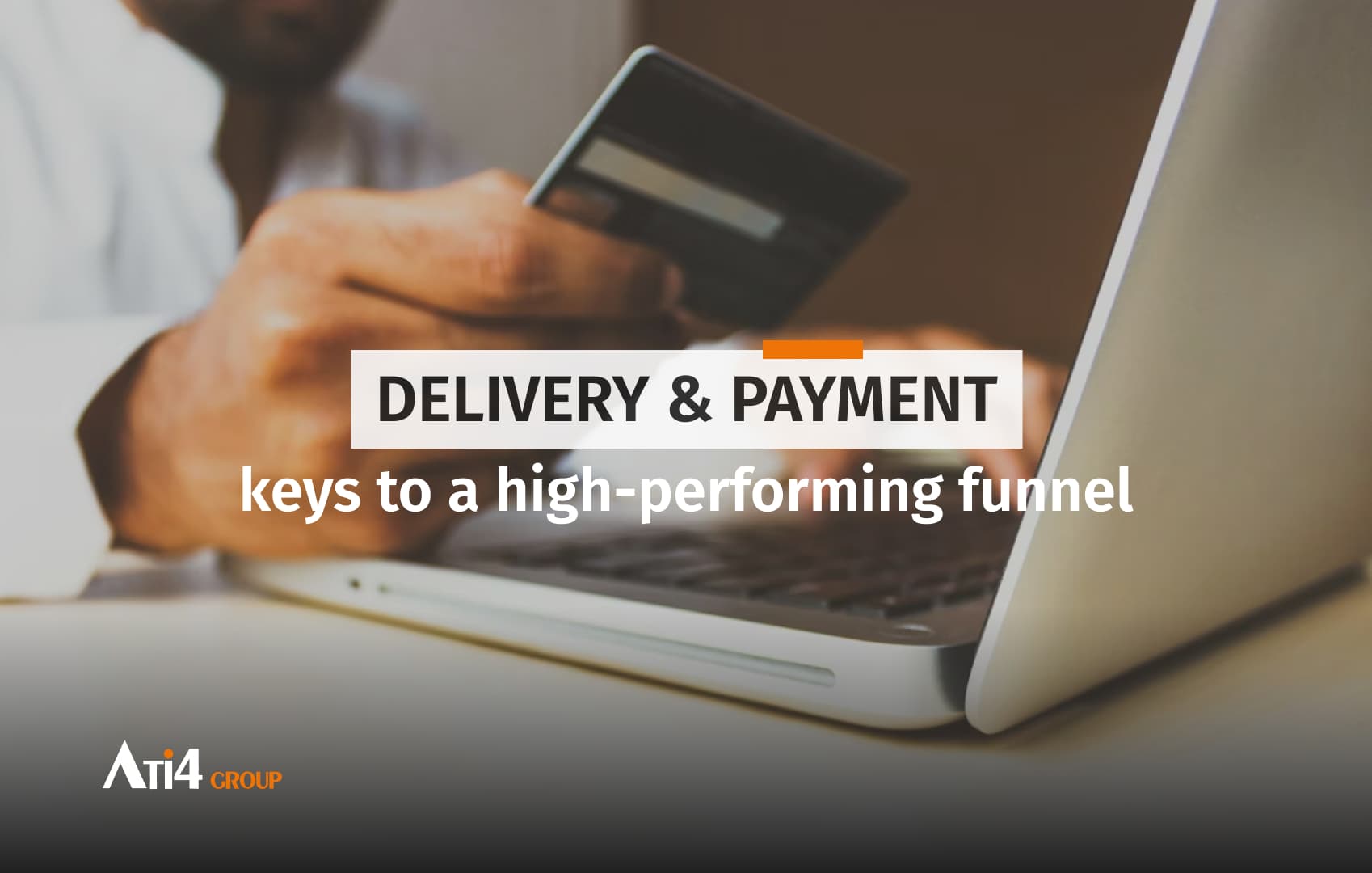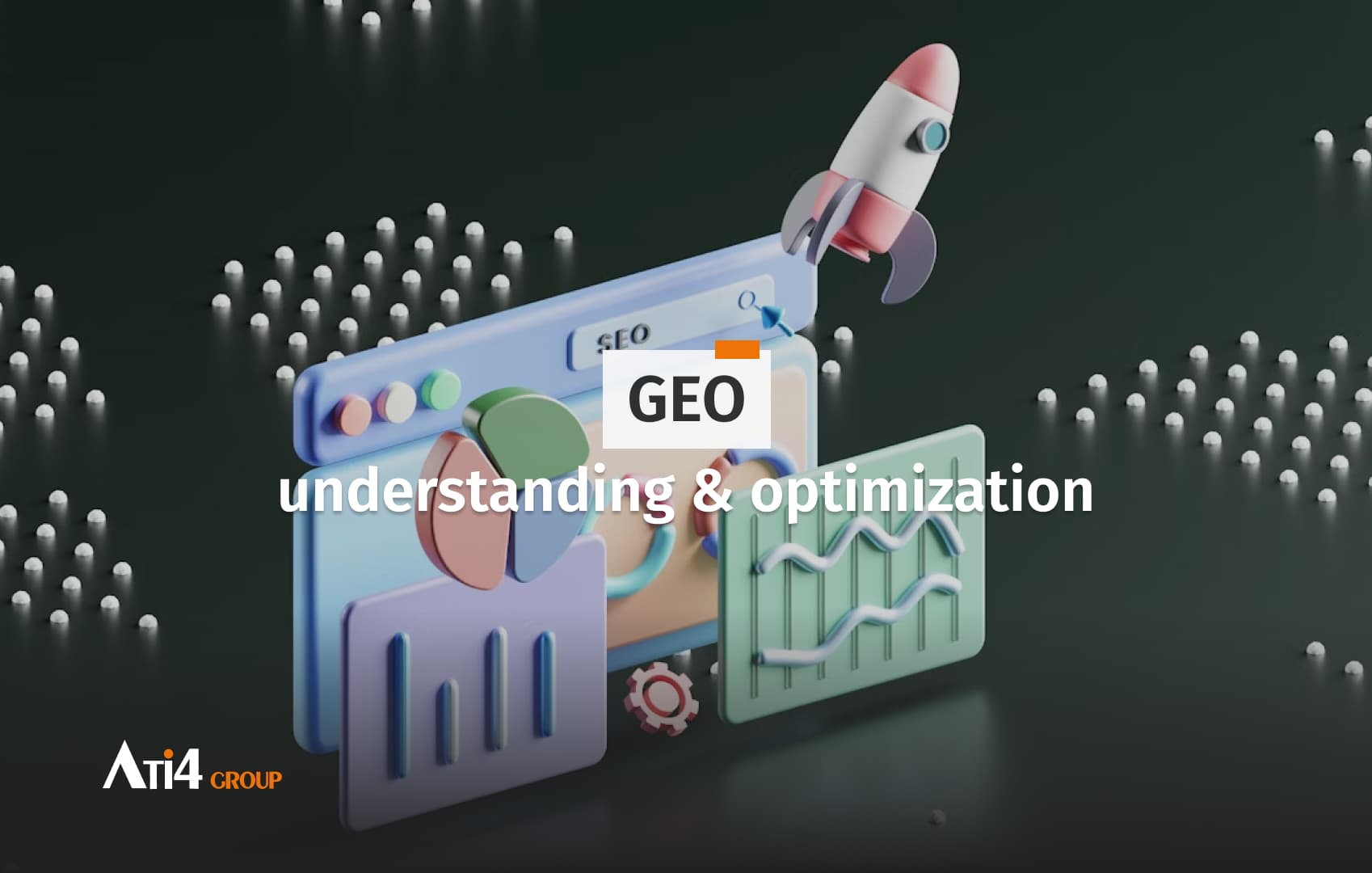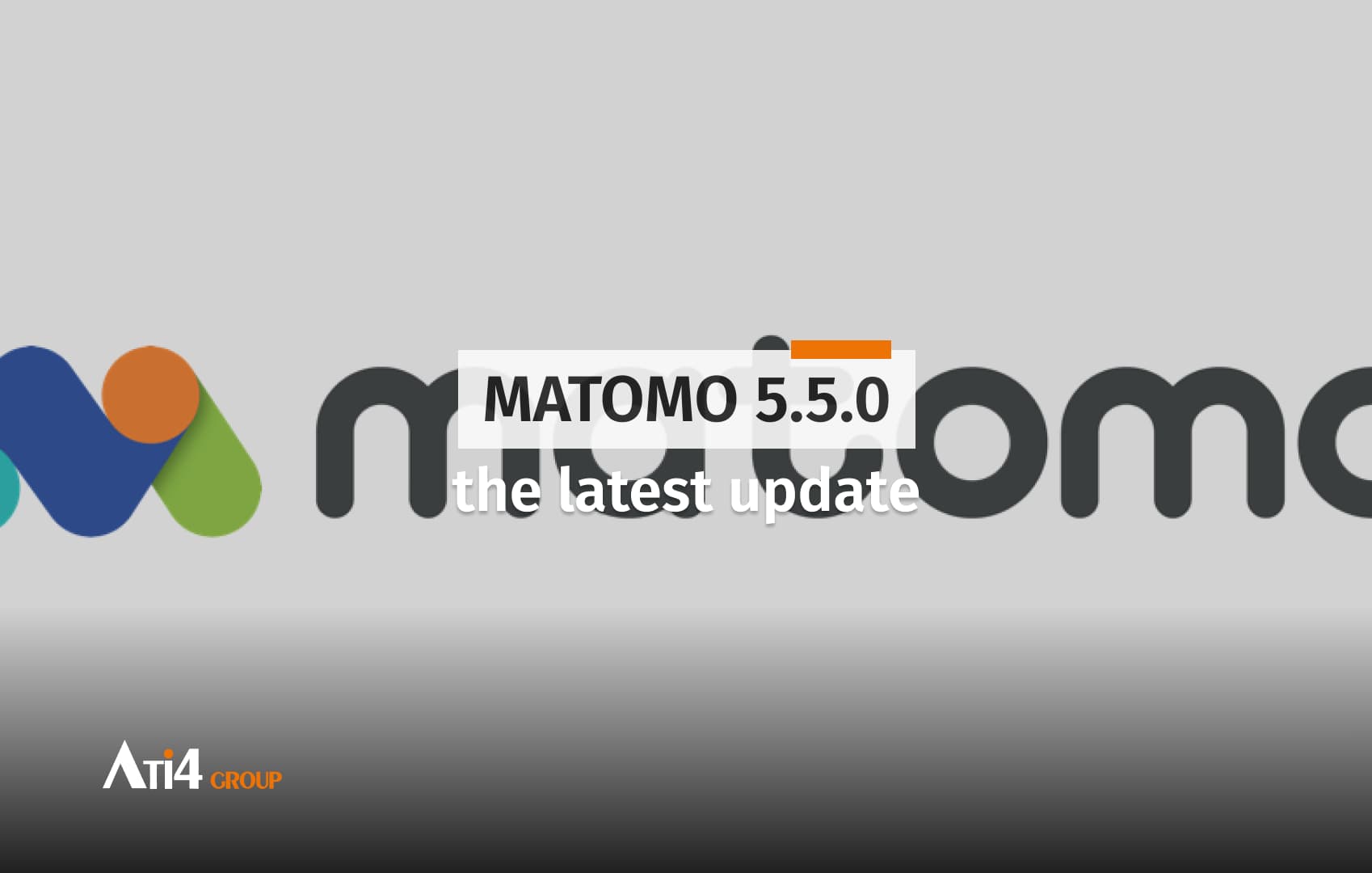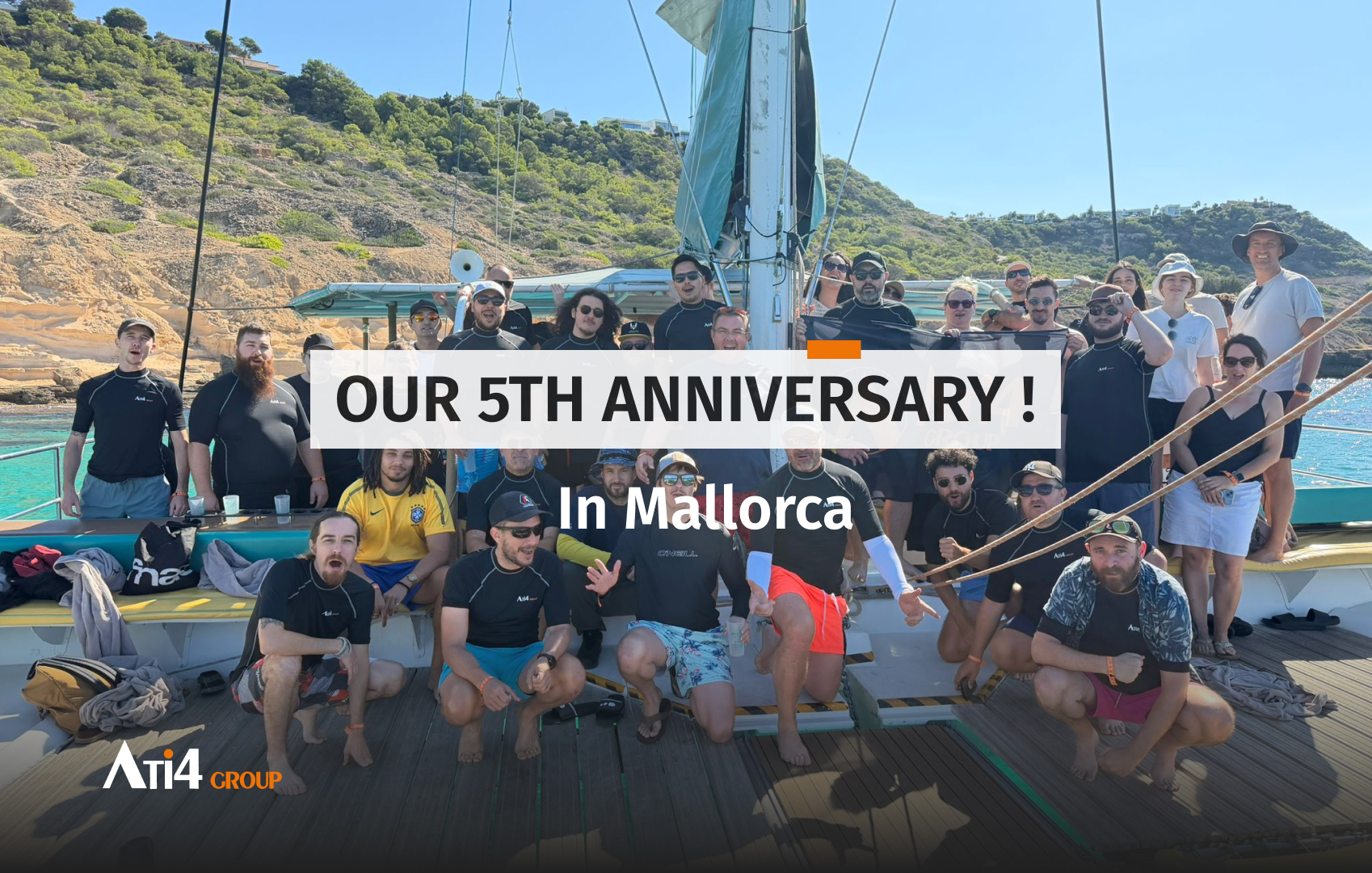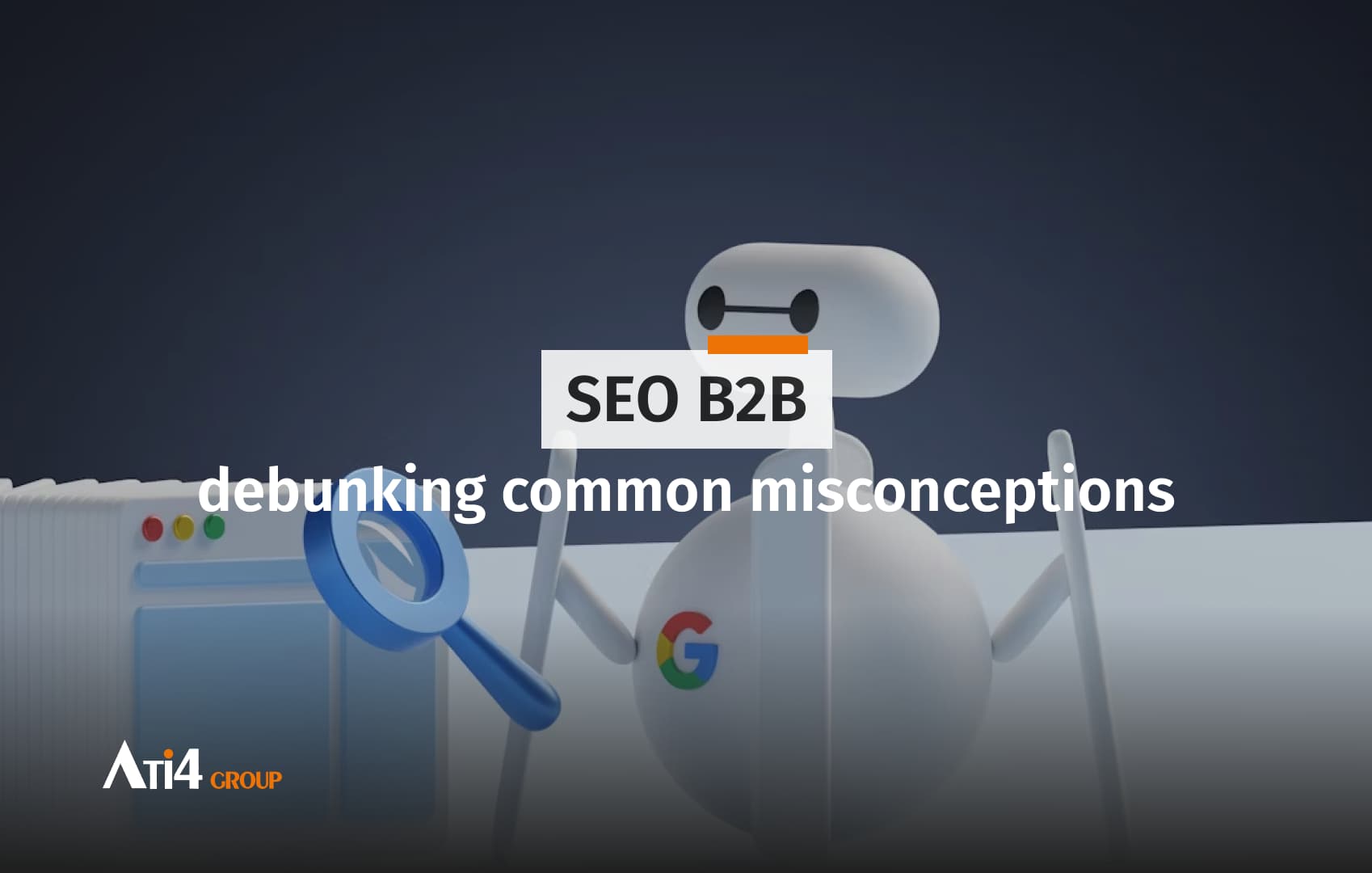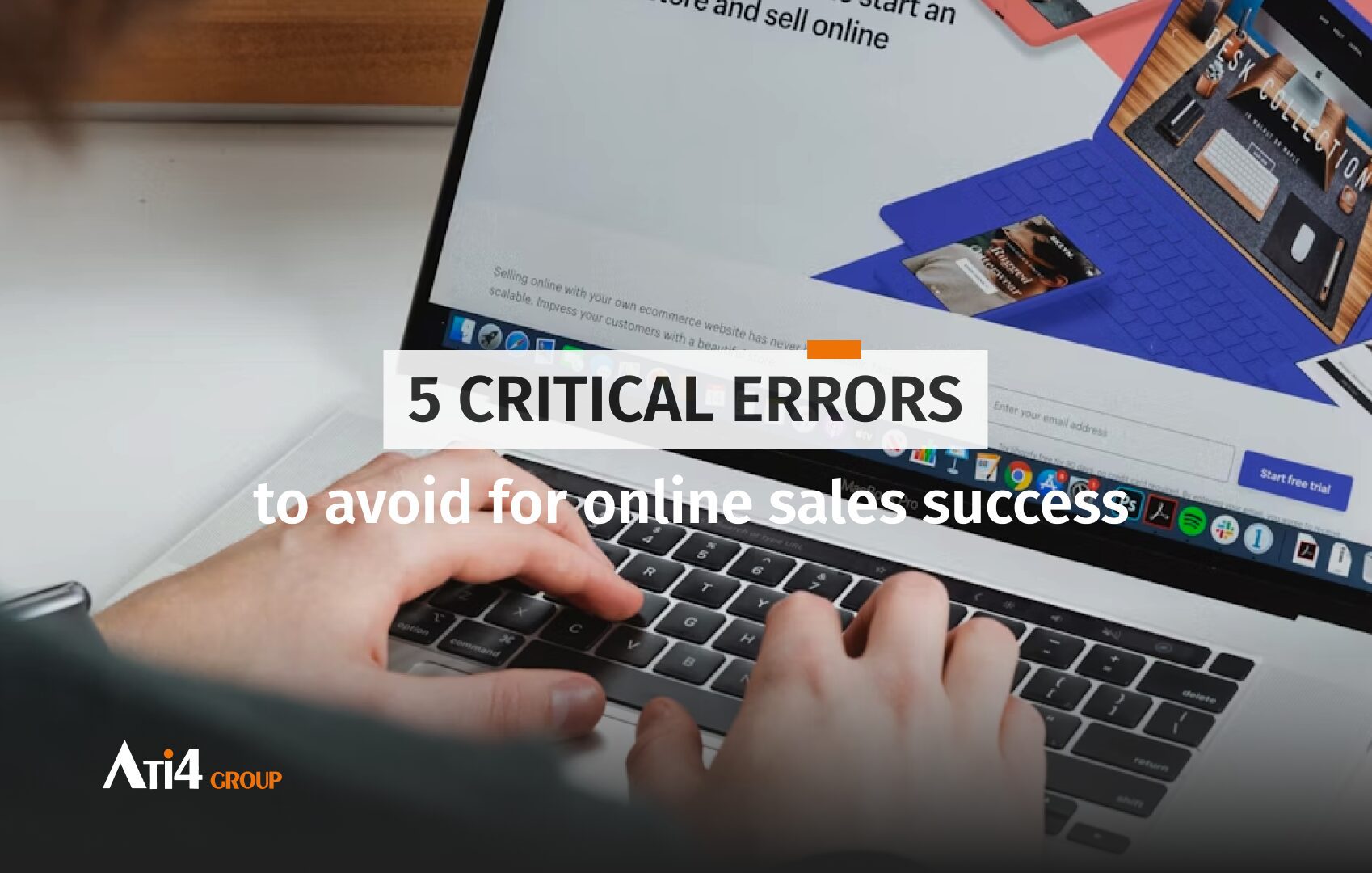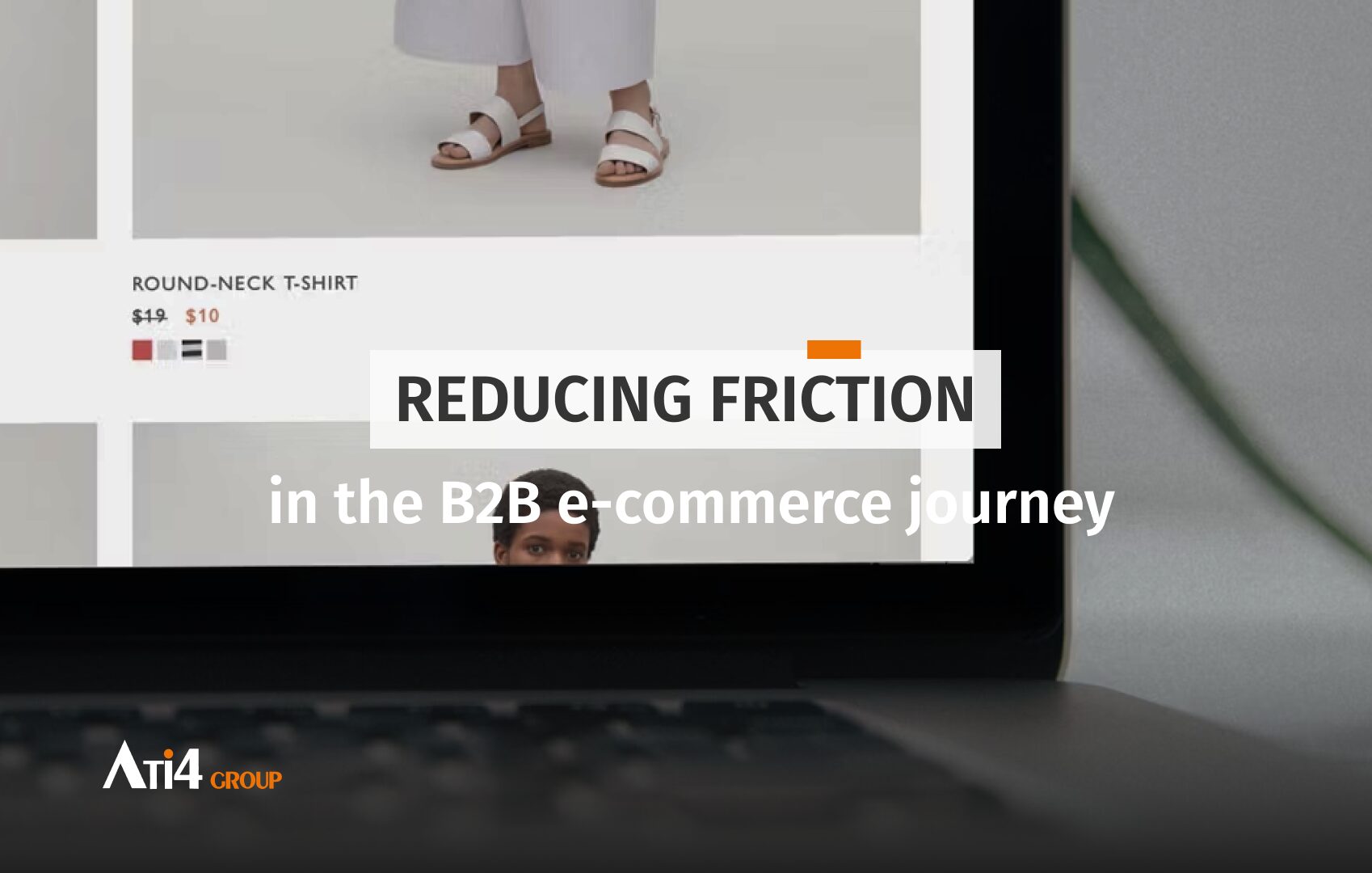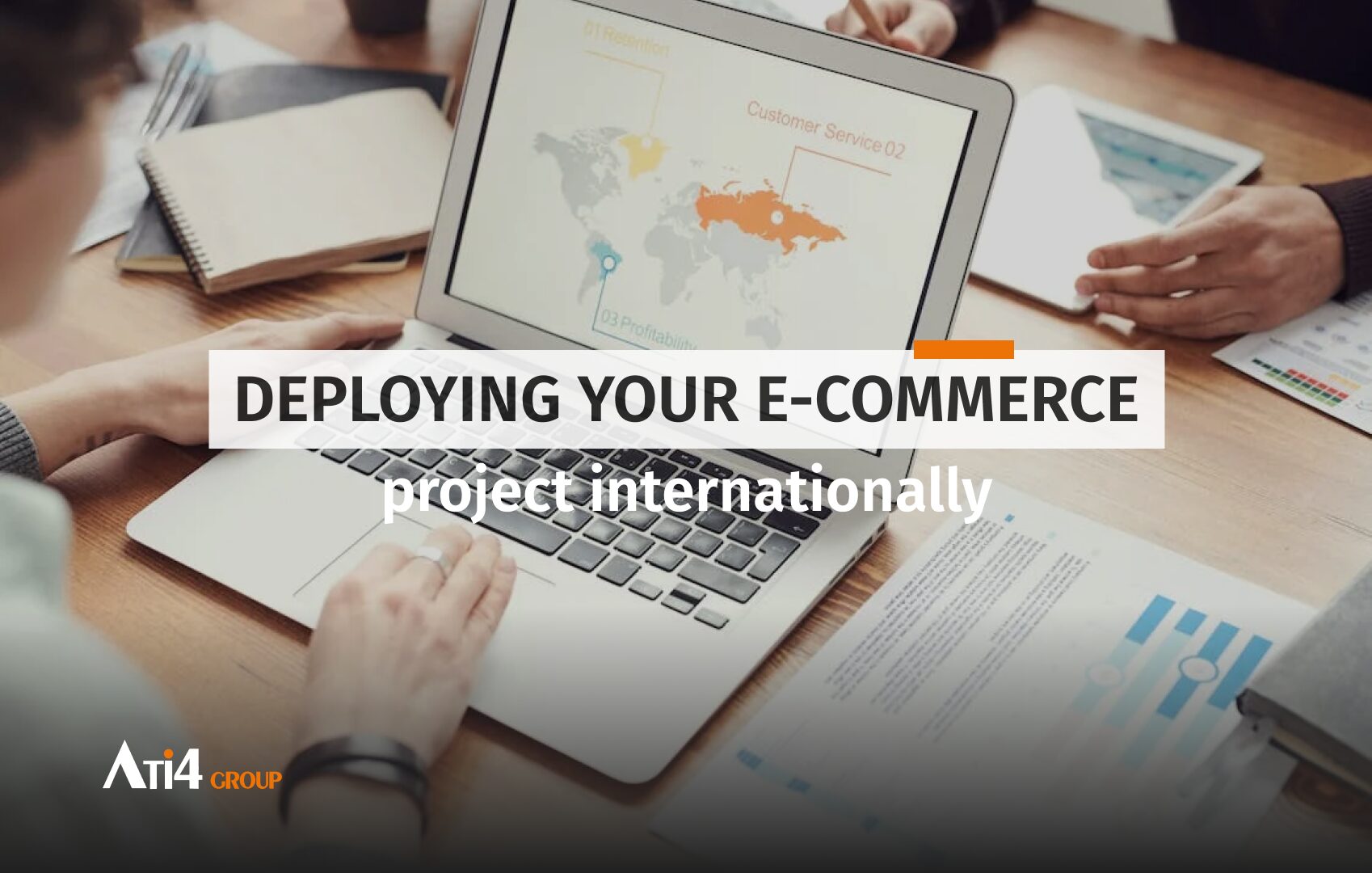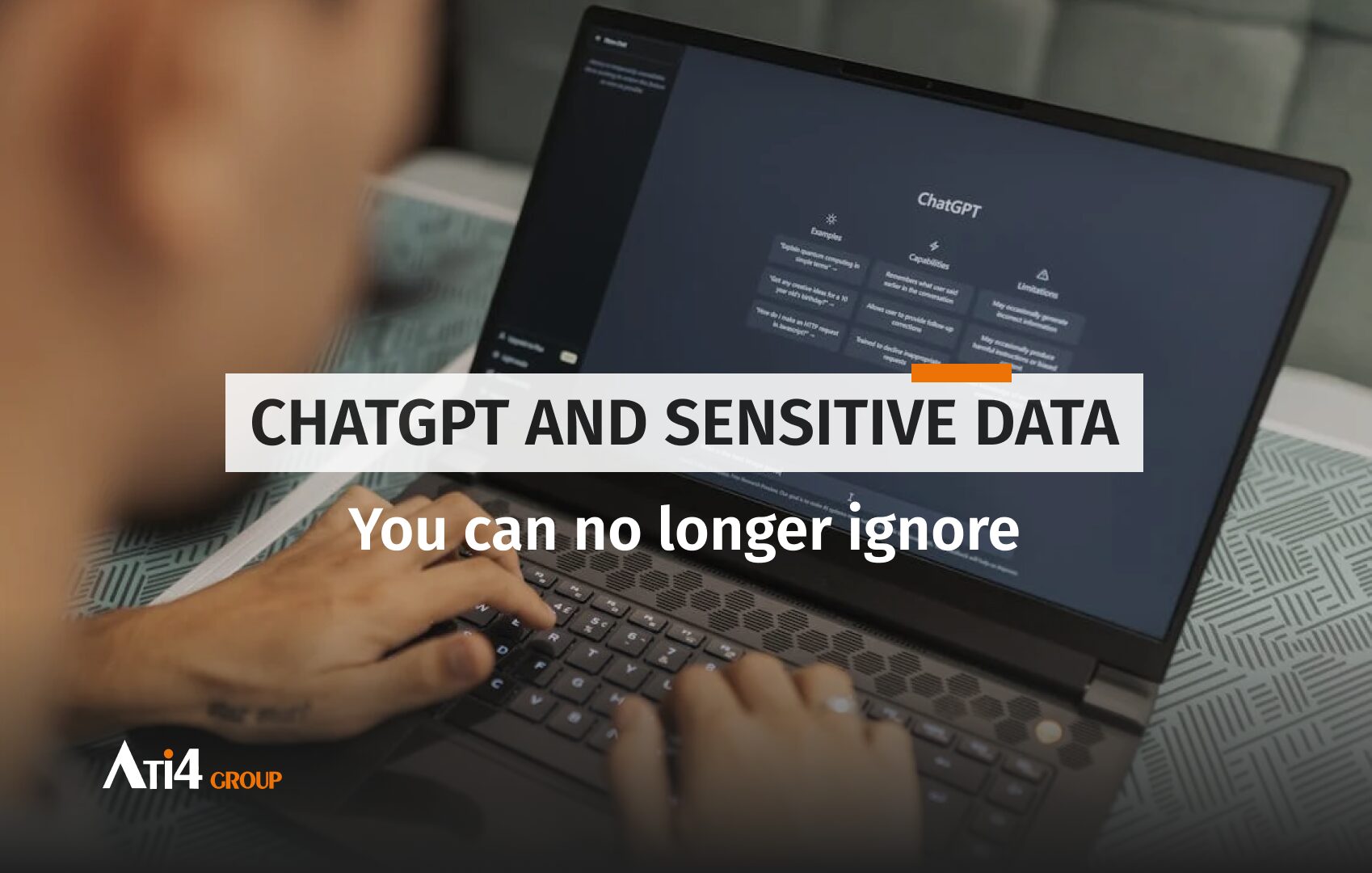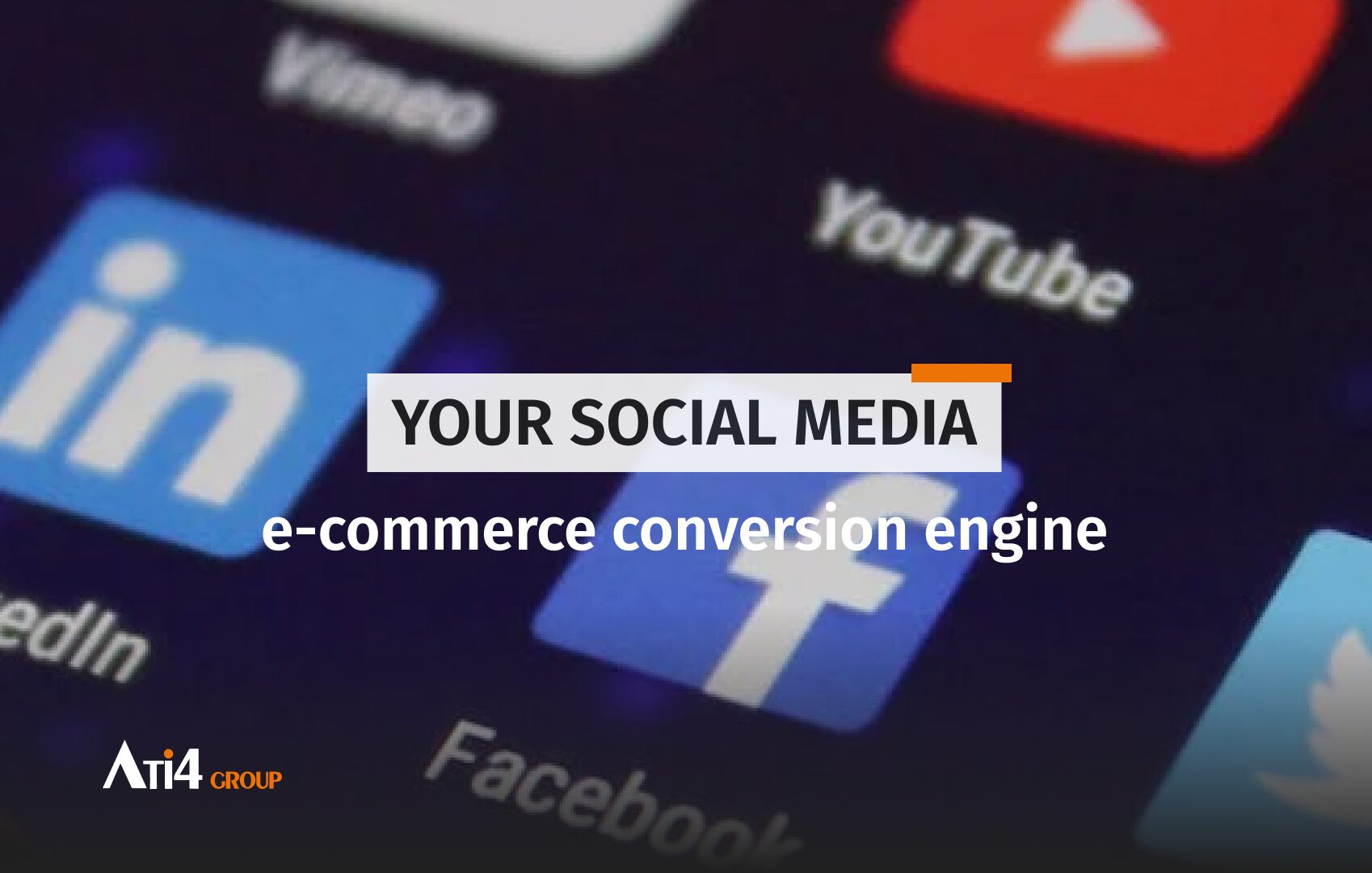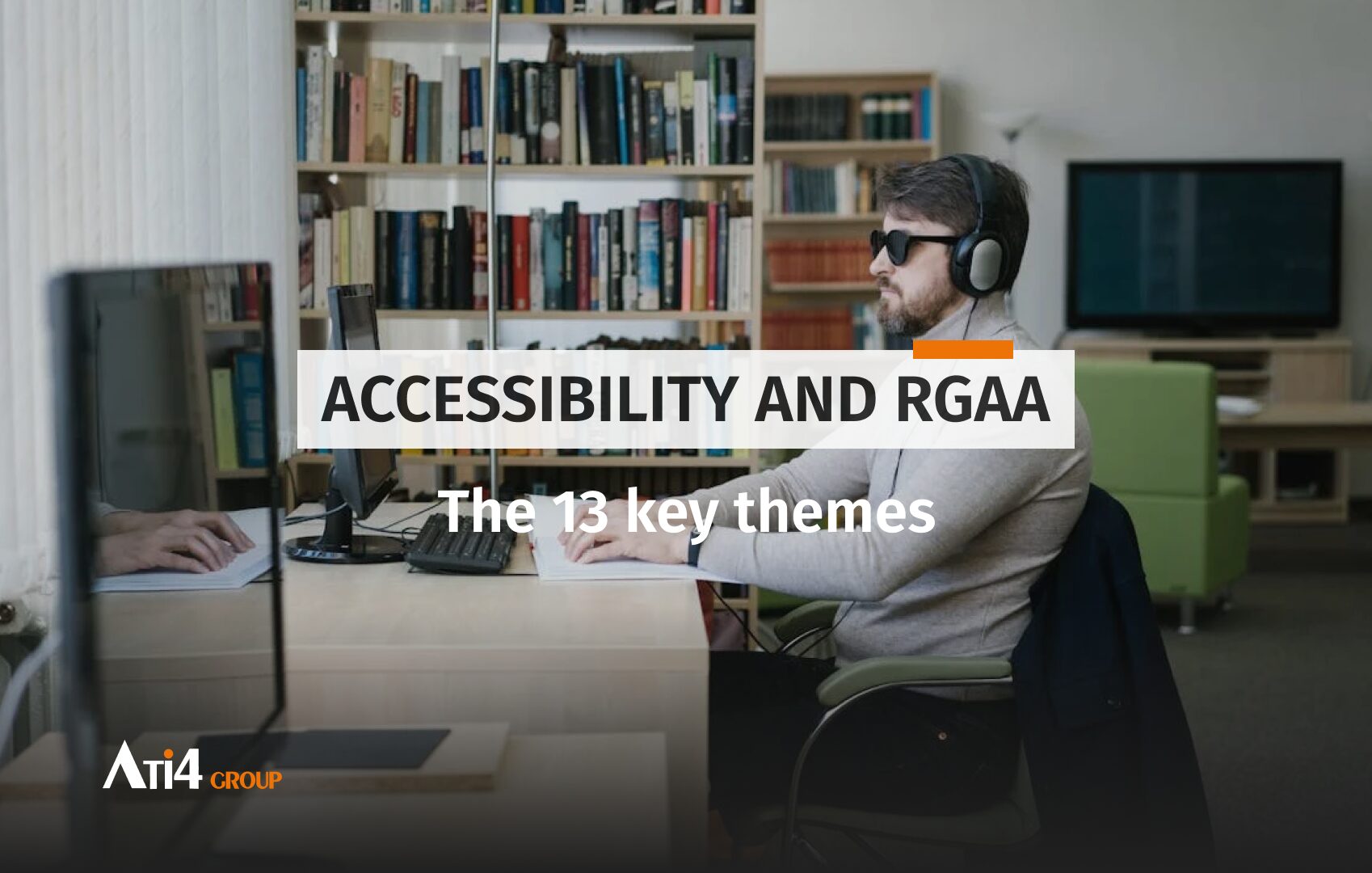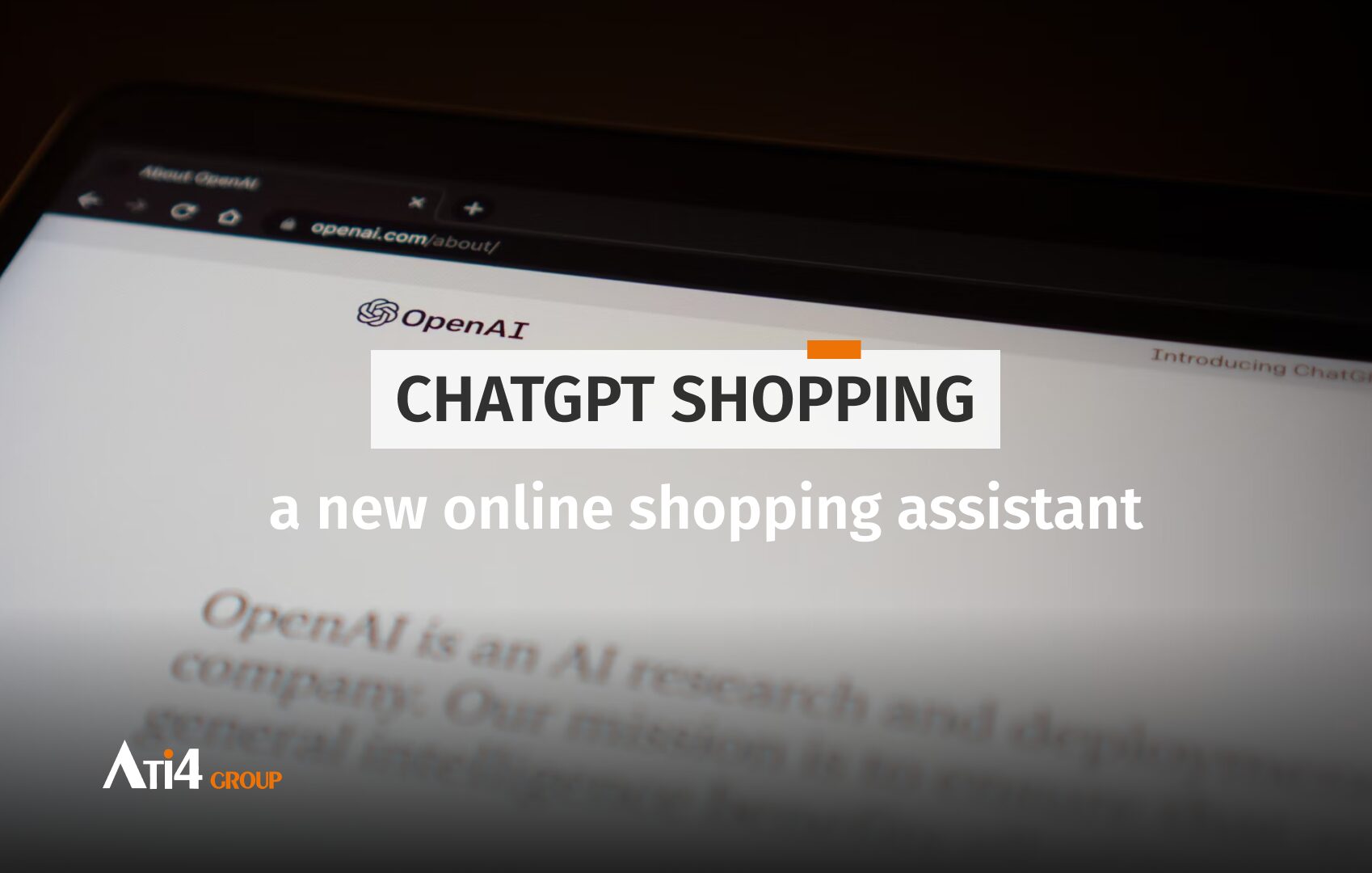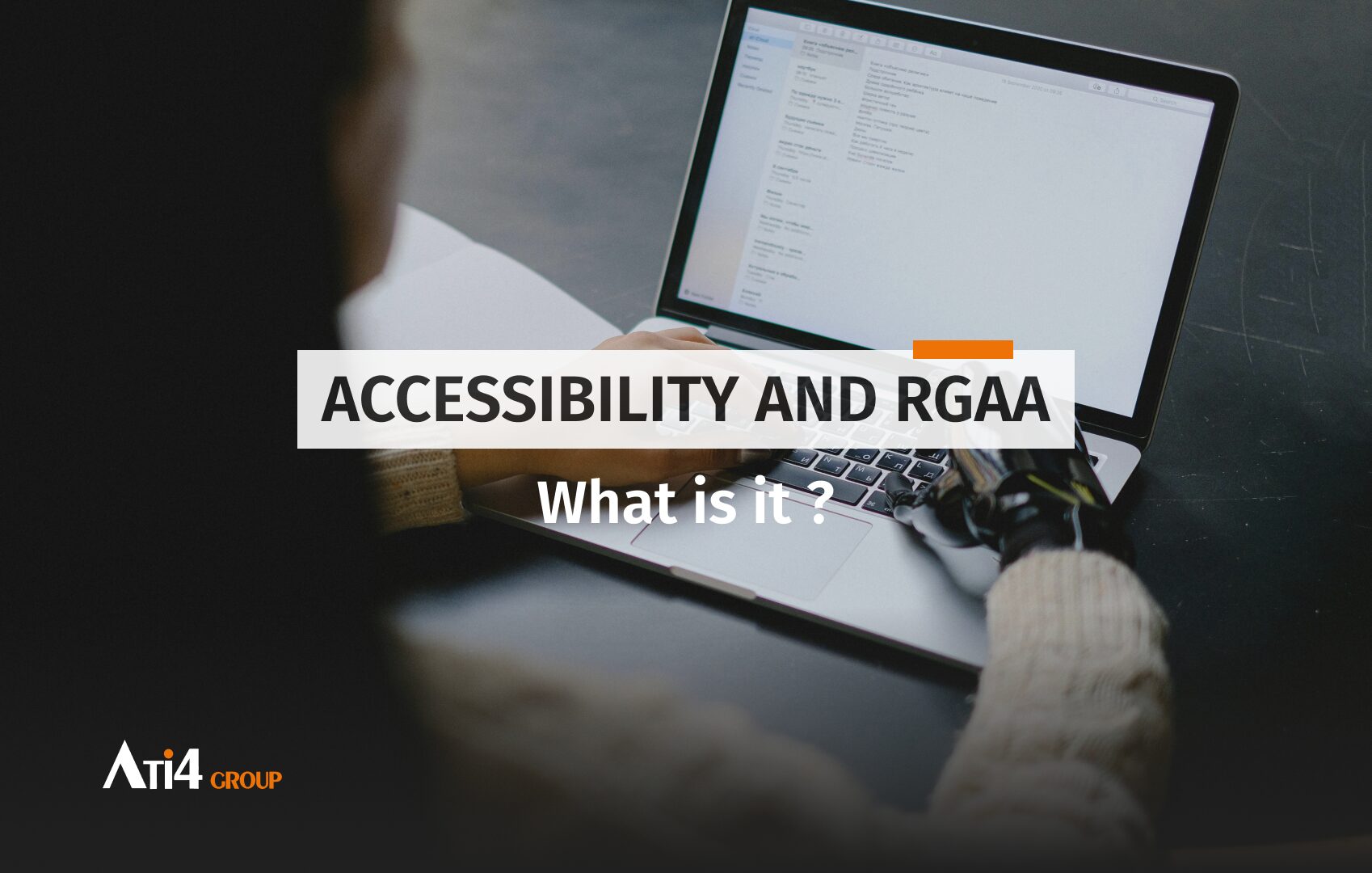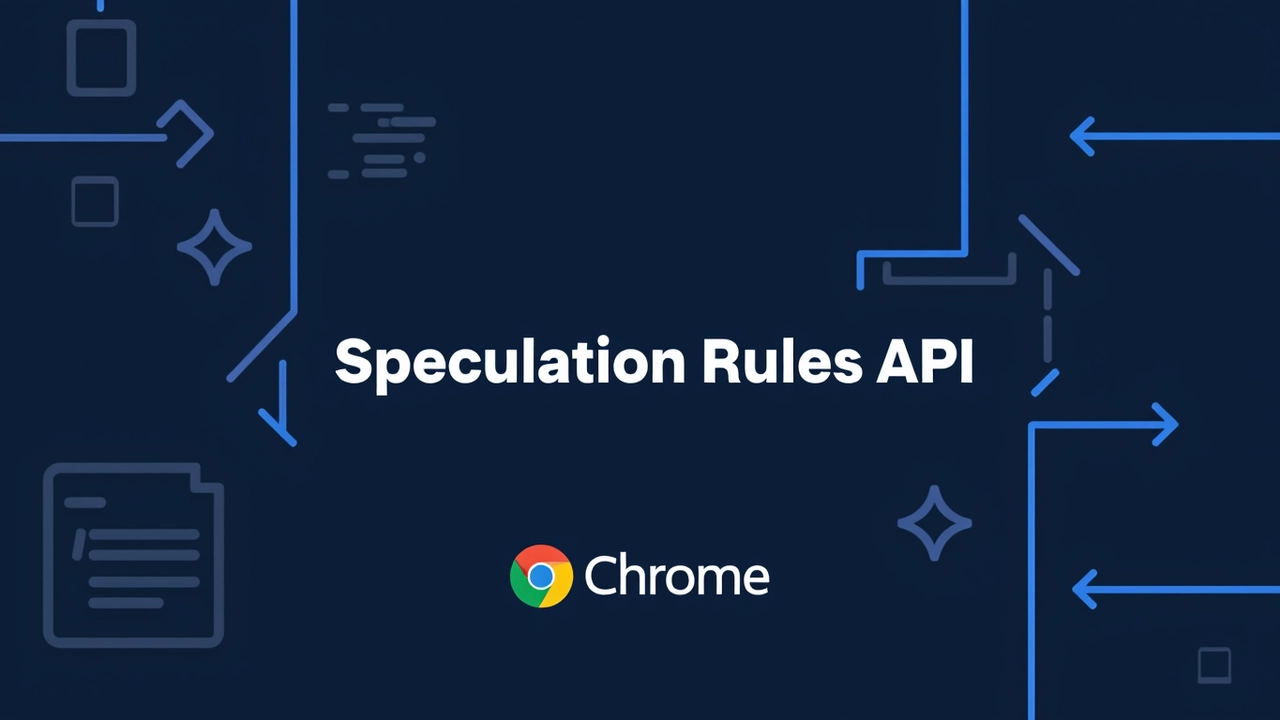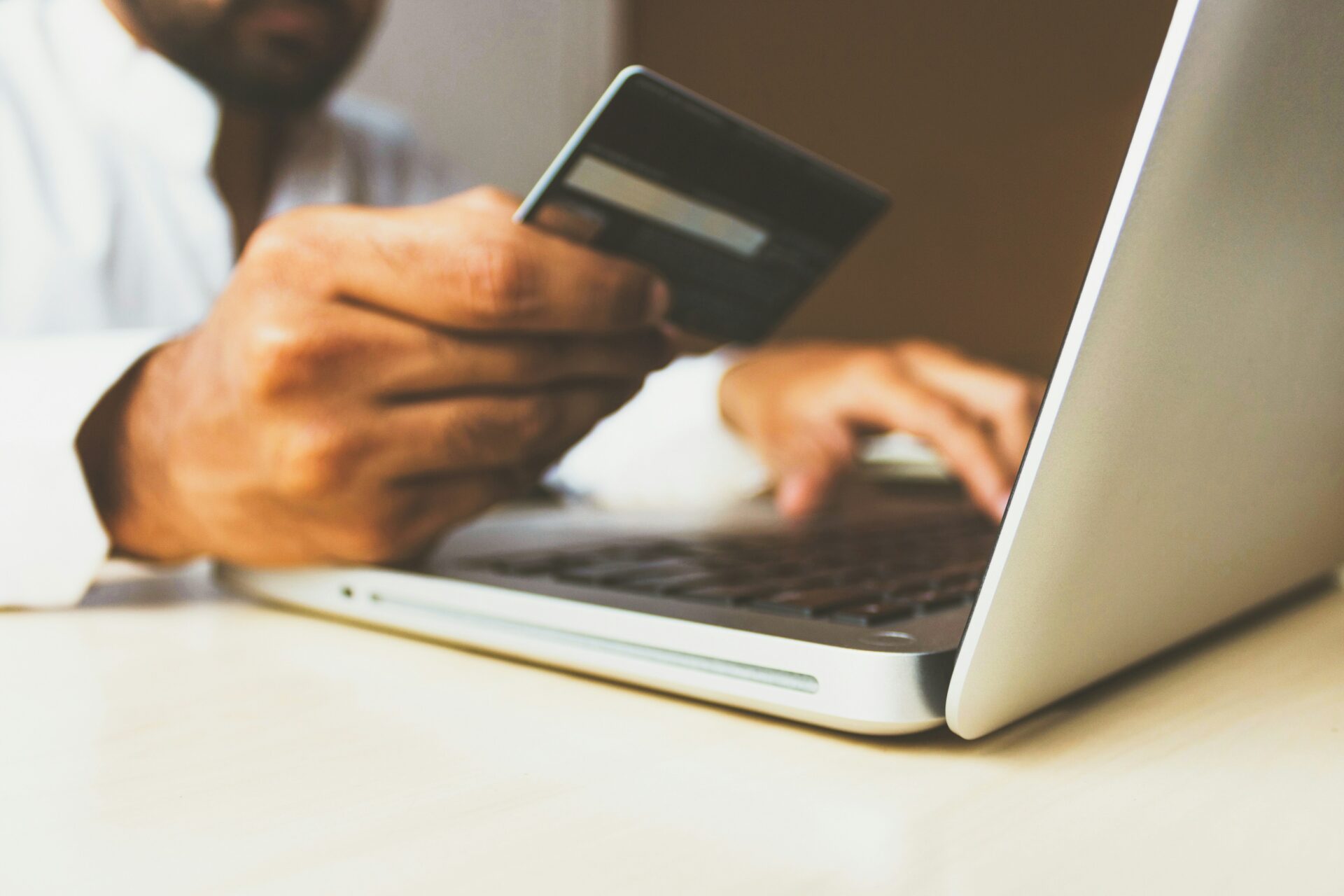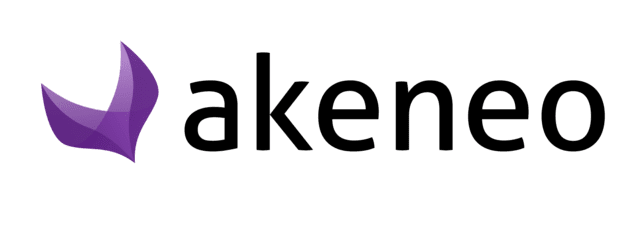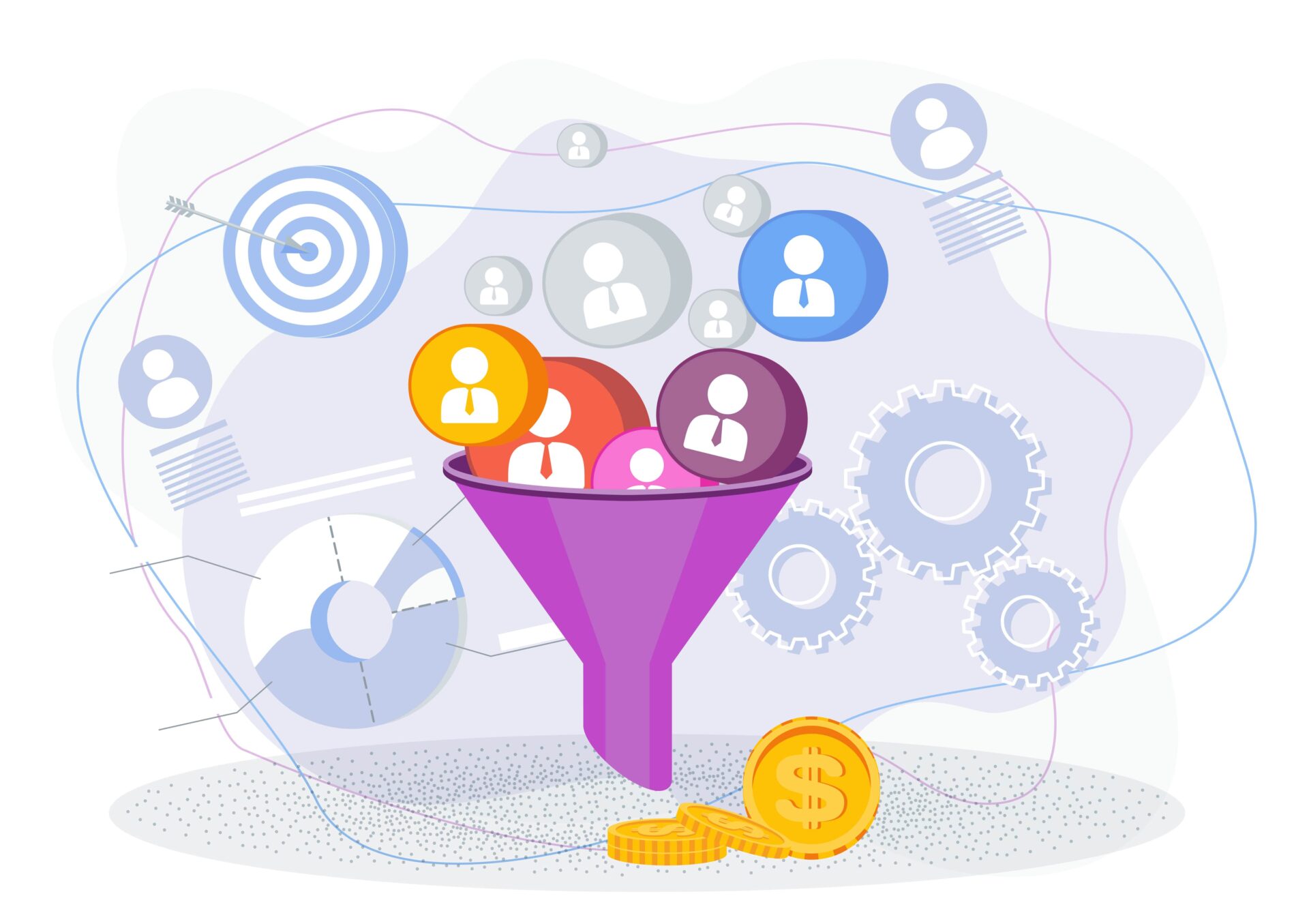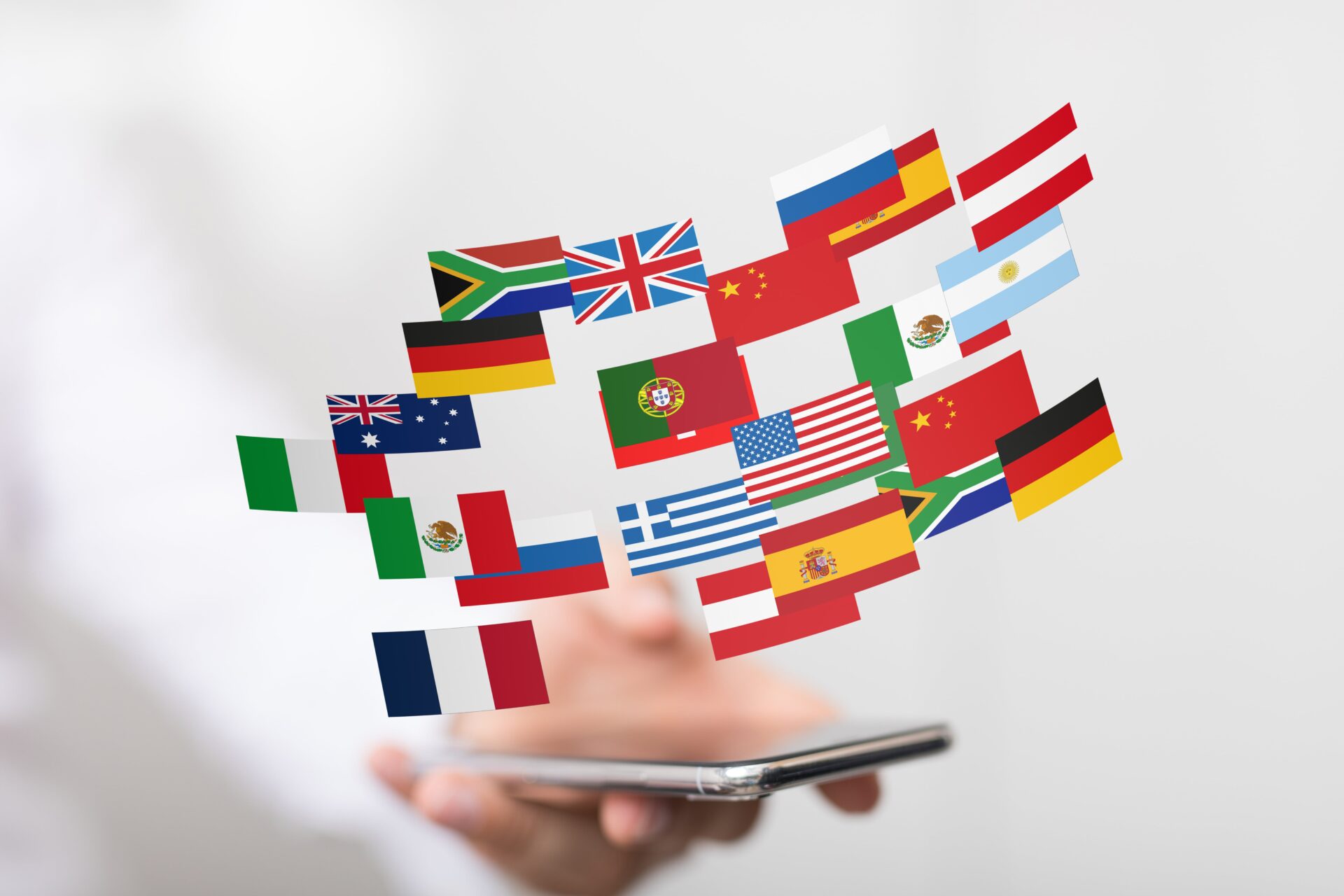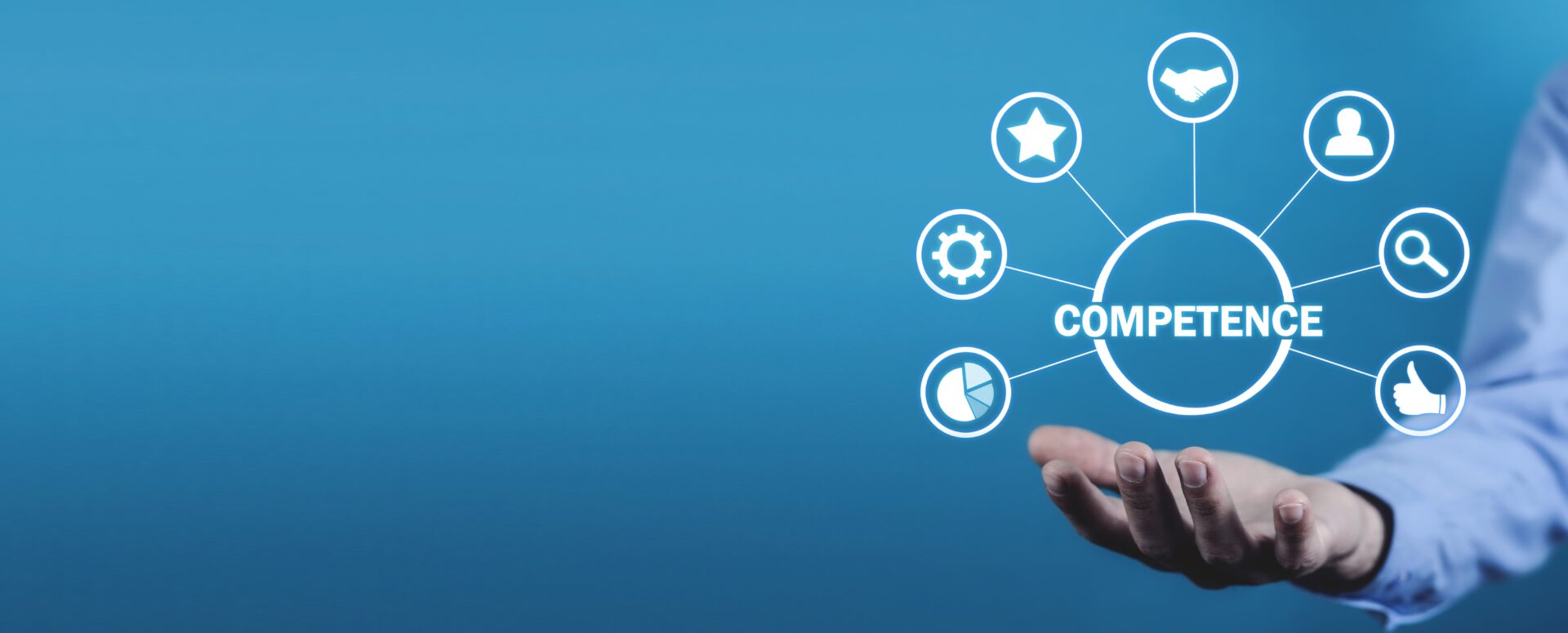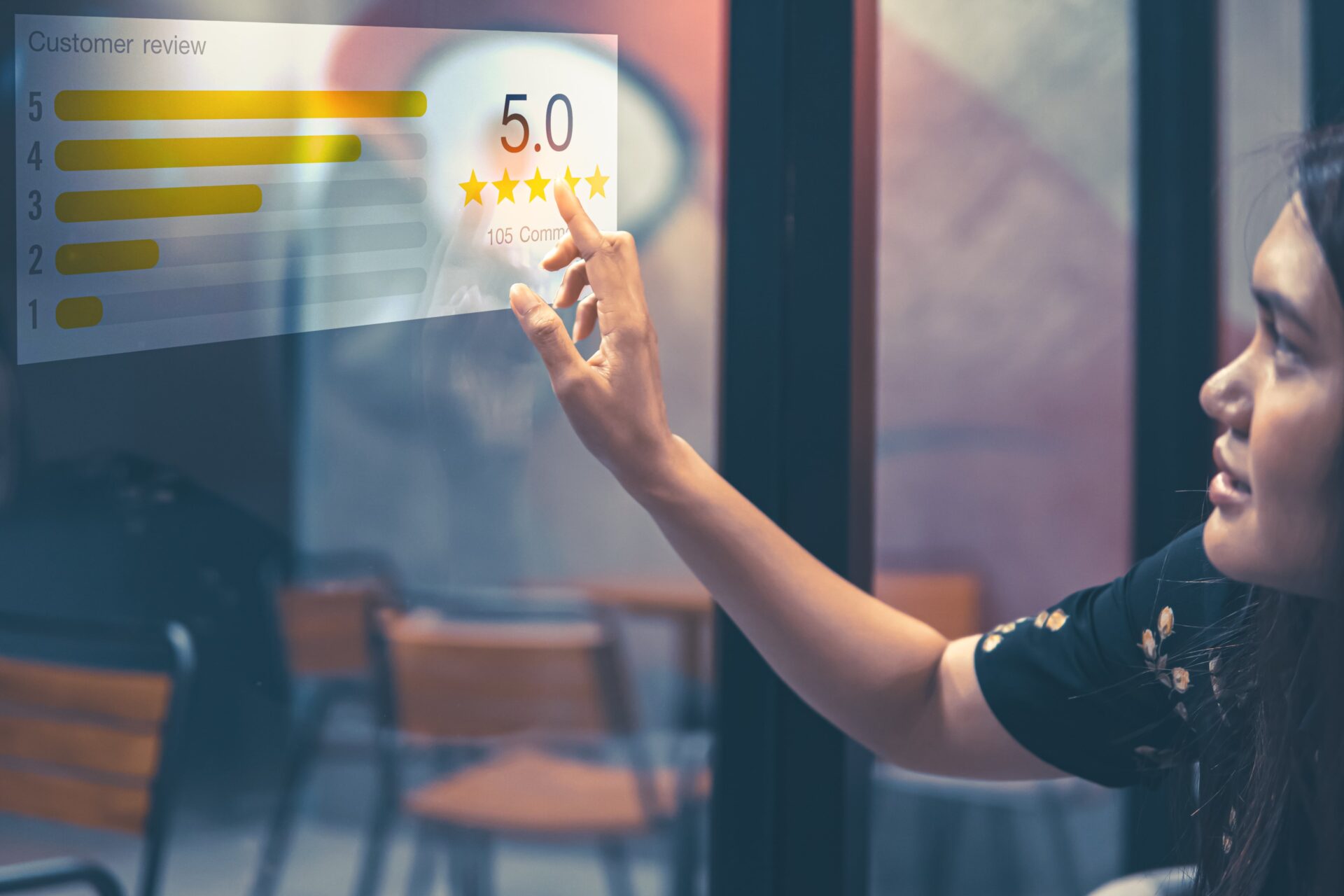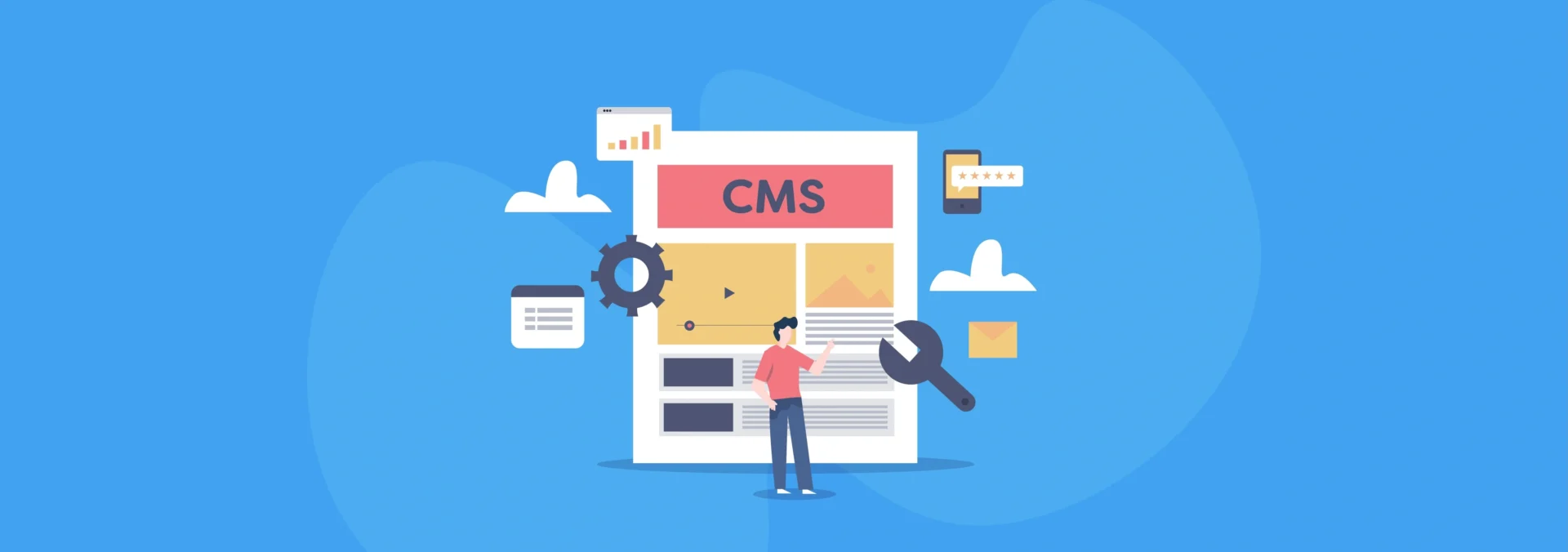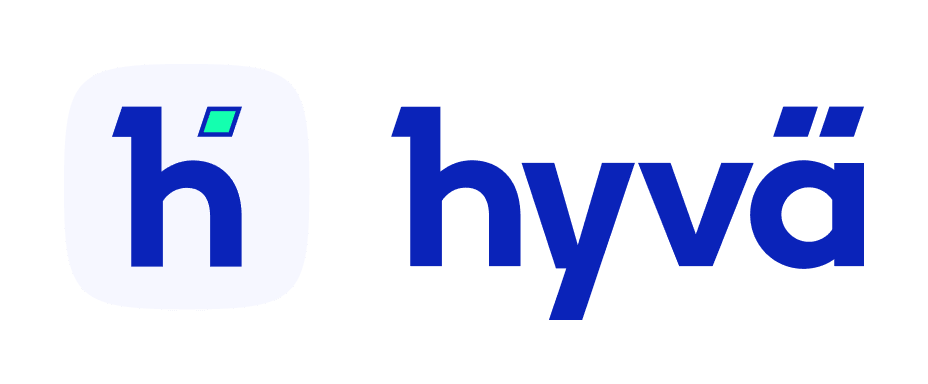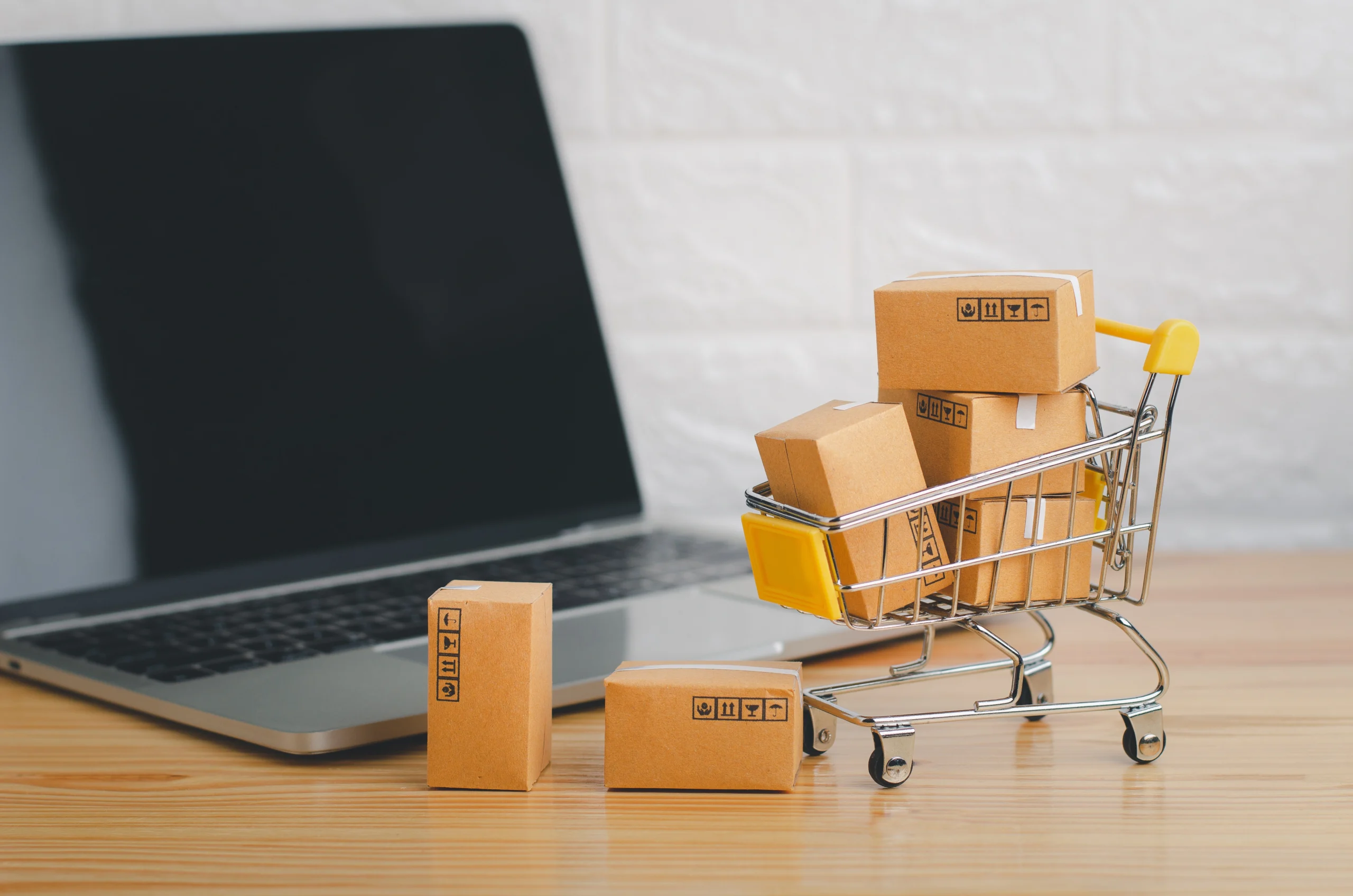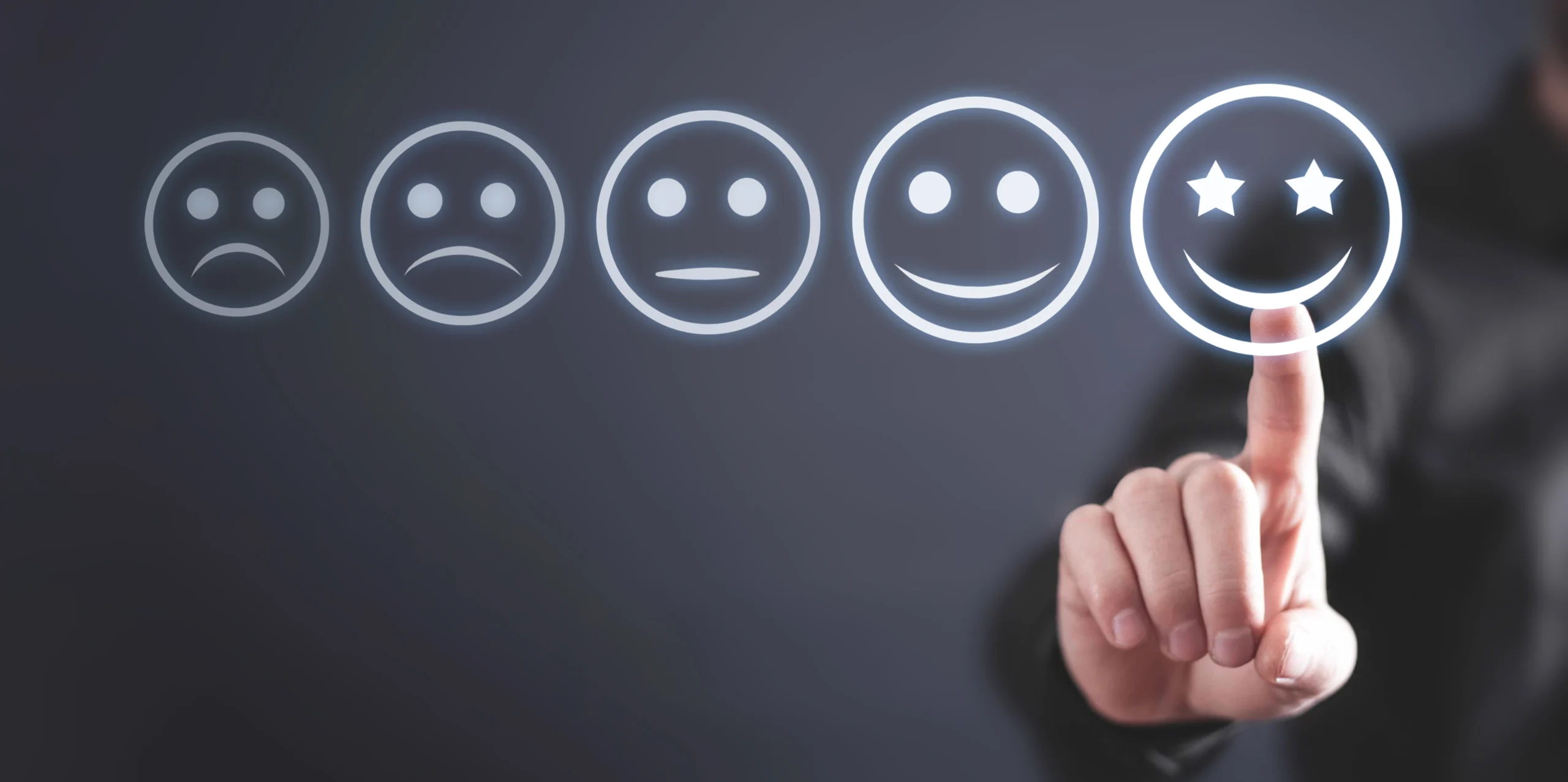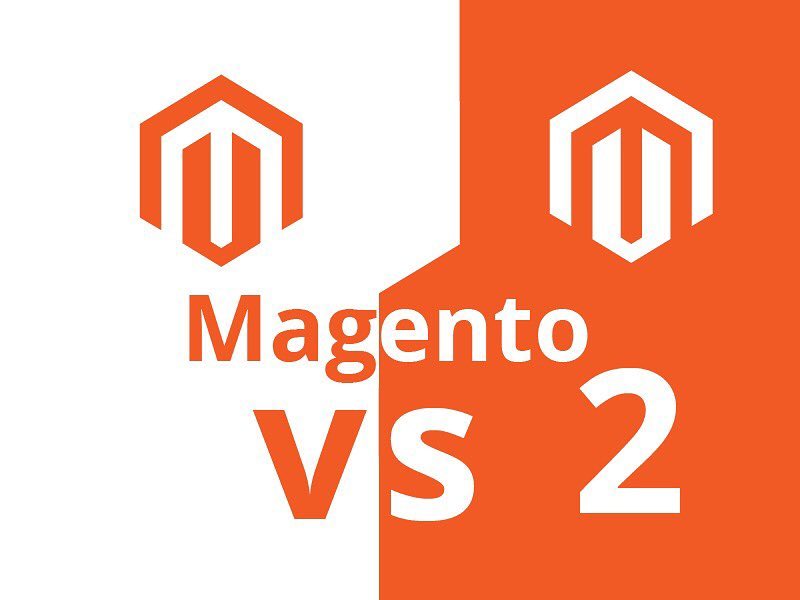Securing Your Website

Online commerce is in constant evolution, and the security of your website, whether you are a small business or a major brand, must be a top priority. E-commerce websites handle vast amounts of data to personalize their product and service offerings, tailoring them to the needs of their target audiences. A secure website is essential to safeguard sensitive data, prevent malicious attacks, and ensure the trust of your users. ATI4 provides you with all the tools to secure your online presence.
Why secure your website? 🔐
The security of a website entails protecting users’ personal, financial, and confidential data. Cyberattacks can lead to significant damages, such as information theft, hacking, fraud, and reputation loss. Understanding the various types of threats your site might face, such as brute force attacks, SQL injections, DDoS attacks, etc., is crucial. Securing your site through established practices allows you to protect your customers’ data comprehensively, thereby maintaining your company’s reputation.
Moreover, search engines like Google increasingly prioritize website security in their rankings. A secure site is more likely to gain Google’s trust, resulting in better search engine rankings and increased traffic.
Common measures 👇🏼
We understand that no system is completely invulnerable. It’s often the small vulnerabilities you leave open every day that others exploit to gain access to your site.
- During Construction
- When building your site, several considerations must be taken into account to ensure the security and effectiveness of your online presence. If you manage an e-commerce site, these measures are even more critical. Customer trust in your site and its security directly impacts their willingness to engage in business transactions with your company.
- Firstly, make sure to change the customized URL for accessing your site. This step is crucial to differentiate yourself and make your site easily identifiable to users.
- Next, focus on your site’s security, particularly concerning passwords. A golden rule to remember is that simple passwords often invite attackers. Encourage users to choose strong passwords. These passwords should ideally include a combination of uppercase and lowercase letters, numbers, and special characters. Additionally, implementing regular password reset policies and promoting the use of two-factor authentication methods is essential. This enhances security and minimizes the risk of unauthorized access.
- Regarding securing transactions and user data, the HTTPS protocol is the gold standard. Unsecured sites or HTTP sites lack the same data protection and can expose your customers to unnecessary risks. Safeguarding your customers’ financial and personal data is paramount, and operating on an HTTPS site ensures this level of security. Google has even stated that it favors HTTPS sites in its search result rankings due to providing a safer browsing experience for users. Therefore, it’s also a matter of SEO: a secure site is more likely to rank higher in search results, attracting more traffic to your site.
- Backup
- Backing up your website is an essential step in managing your online presence. Given the constant threat of hacking, precautions must be taken to protect your website and the sensitive data it contains.
- First, regularly update your website and the software you use. Regular updates – typically one or two – contribute to platform security by fixing potential vulnerabilities that hackers could exploit. It’s important not to install just anything, as these elements could contain malicious files compromising your site’s security. Only use extensions and themes from reliable and reputable sources.
- Selecting a reliable and secure hosting provider is another vital step: Choose a host that offers advanced security measures such as firewalls, free SSL certificates, regular backups, real-time monitoring, and a robust infrastructure to withstand attacks. Protecting sensitive data is another major concern. Whether collecting personal information, payment data, or any other data type, your website’s security is critical to prevent privacy breaches and data leaks. Cybercriminals are constantly looking for security vulnerabilities to access this valuable information.
- Using SSL certificates to secure connections and encrypt sensitive information, such as payment information, ensures secure communication between your site and your users. Firewalls and intrusion detection systems are also used to monitor and block unauthorized access attempts. Lastly, regular updates to the operating system, applications, and plugins are crucial for maintaining up-to-date security. This allows you to quickly restore your site in case of issues or cyberattacks. Backup is often overlooked when considering website security, but it’s an essential insurance against data loss.
Magento 2: The Reference Choice 🧡
Magento ensures the security of customer data and transactions. The solution offers a wide range of features and tools specifically designed to enhance data security. It’s worth noting that Adobe Commerce is PCI certified as a level 1 solution provider and upholds its commitment to maintaining high-level payment security standards. This certification is of great importance to merchants using the platform, as it allows them to leverage Adobe Commerce’s PCI compliance attestation to expedite their own PCI certification process.
- Content Security Policies (CSP)
- Content Security Policy (CSP) is a powerful security feature that helps detect and mitigate certain types of attacks on your e-commerce site, including Cross Site Scripting (XSS) attacks and data injections. CSP works by limiting the amount of content that can be loaded on a page and specifying the sources from which this content can be loaded. In Magento, CSP is implemented in two modes: “report-only” and “restrictive.”
- → The “report-only” mode is useful when initializing CSP on an existing site. It collects information about potential violations without blocking content. This information can be used to adjust the policy and eliminate errors before transitioning to the “restrictive” mode.
- → The “restrictive” mode, as the name implies, is more restrictive. It enforces CSP rules, blocks non-compliant content, and reports violations. This mode is recommended for production sites as it provides maximum protection against XSS attacks and other vulnerabilities.
- These CSPs are configured by default in Magento, but they can be customized to your needs. You can define specific policies for different content sources, including scripts, images, styles, and more. For example, you can use the “script-src” directive to control sources from which scripts can be loaded or “img-src” to control image sources. This level of control over loaded content reinforces site security.
- Two-Factor Authentication (2FA)
- Two-Factor Authentication (2FA) is an essential security feature offered by Magento 2 to strengthen user account protection. It adds an extra layer of security to the login process by requiring not only a password but also additional proof of identity.
- 2FA works by combining something the user knows (their password) and something they possess (a unique code generated by an app or sent via SMS). This combination makes it much harder for an attacker to gain unauthorized access to an account, even if they obtain the password.
- In Magento 2, 2FA can be enabled for all users in the site administration. Once activated, users must undergo an initial configuration process to associate their account with a 2FA authentication app on their mobile device, such as Google Authenticator. For each login attempt, they’ll need to provide the unique code generated by the app in addition to their usual password.
- Implementing 2FA on your Magento 2 site significantly enhances user account security. Even if a password is compromised, account access remains protected unless the attacker gains access to the second authentication factor.
- While 2FA adds an extra layer of security, it doesn’t replace the more traditional security practices mentioned earlier in the article.
Securing your website is essential to protect sensitive data, prevent malicious attacks, and maintain user trust. Investing in appropriate security measures is a guarantee of protection for your business and contributes to the sustainability of your online presence. Take necessary actions now to ensure your website’s security and provide peace of mind for both you and your users. Do you have a project ? Contact us!
Find out what’s new at the company.
Because combining pleasure, sharing and work is at the heart of our philosophy, we always take care to combine business with pleasure…
